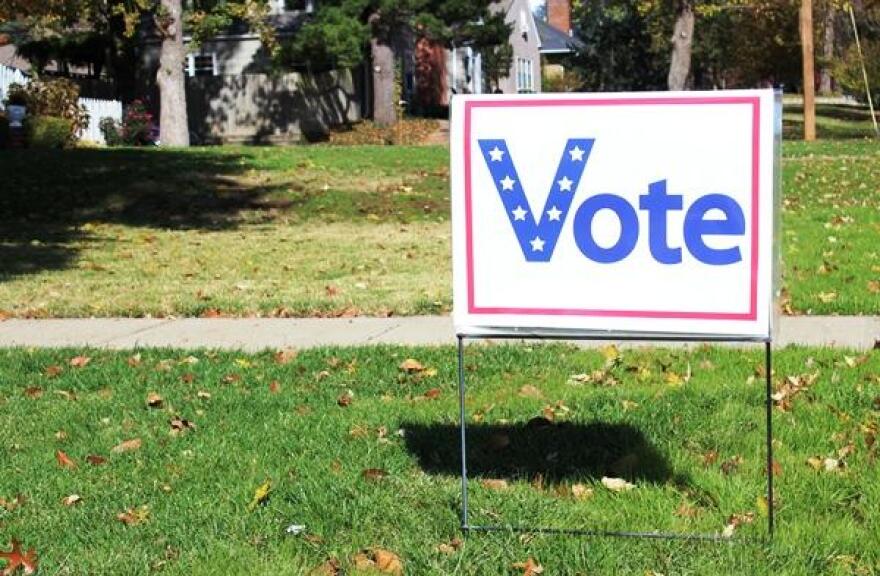The Kansas general election ballot is now set.
Officials in the Kansas Secretary of State’s Office late last week cleared the last hurdle to certifying the roster of candidates for the Nov. 8 election by granting presidential candidate Jill Stein’s request to change the person listed on the ballot as her vice presidential running mate.
When Stein, the nominee of the Green Party, submitted the petition with 5,000 signatures she needed to qualify for a spot on the ballot, it listed party stalwart Howie Hawkins as her “placeholder” running mate. But Stein wanted Hawkins’ name replaced with that of Ajamu Baraka, the human rights advocate she selected in August to be her actual running mate.
Minnesota election officials recently rejected a similar request, but Kansas Secretary of State Kris Kobach granted it Friday.
With the issue resolved, Kobach was able to finalize the candidate list and send it to county election officers across the state, who will oversee the programing of electronic voting machines and the printing of ballots.
Stein will appear as an independent because the Green Party isn’t officially recognized by the state of Kansas.
Ballots in Kansas will list Democrat Hillary Clinton, Republican Donald Trump and Libertarian Gary Johnson as nominees of officially recognized parties.
Johnson, a former governor of New Mexico, is joined on the Libertarian ticket by another former governor, Bill Weld of Massachusetts.
Emporia State University political scientist Michael Smith says with national and state polls showing voter dislike of both major party candidates at an all-time high, 2016 could be a banner year for third-party candidates in Kansas.
“I think third-party candidates could do unusually well this year,” Smith says, predicting that Johnson could win double-digit support this year after getting only 1.7 percent of the Kansas vote in 2012.
The state’s modern-day high mark for a third-party candidate was set in 1992, when Reform Party nominee H. Ross Perot won 27 percent of the vote in Kansas.
Johnson and Stein will take votes from both major-party candidates, Smith says, but not equally.
“It shows that Johnson is taking votes from both Trump and Clinton,” he says. “But when you add in Jill Stein, the net effect of third-party candidates is actually hurting Clinton a little bit more.”
But increased expectations bring increased scrutiny, and both Johnson and Stein recently have generated headlines that could make them less appealing alternatives.
Johnson blanked when asked during a nationally television interview about the toll the Syrian civil war is taking on the remaining citizens of Aleppo, the nation’s largest city.
Stein is facing possible arrest for allegedly vandalizing construction equipment while participating in a protest against a controversial oil pipeline in North Dakota.

